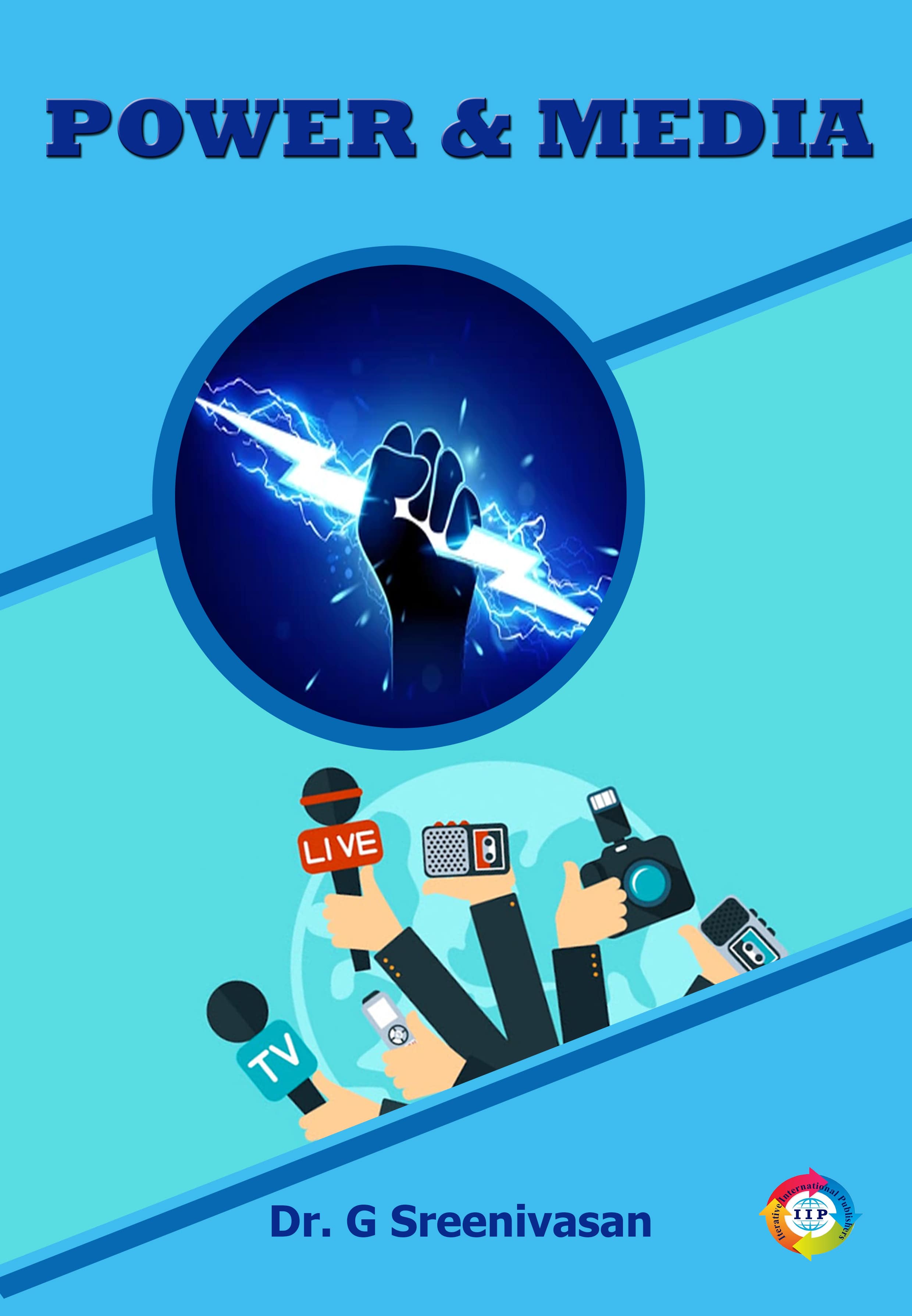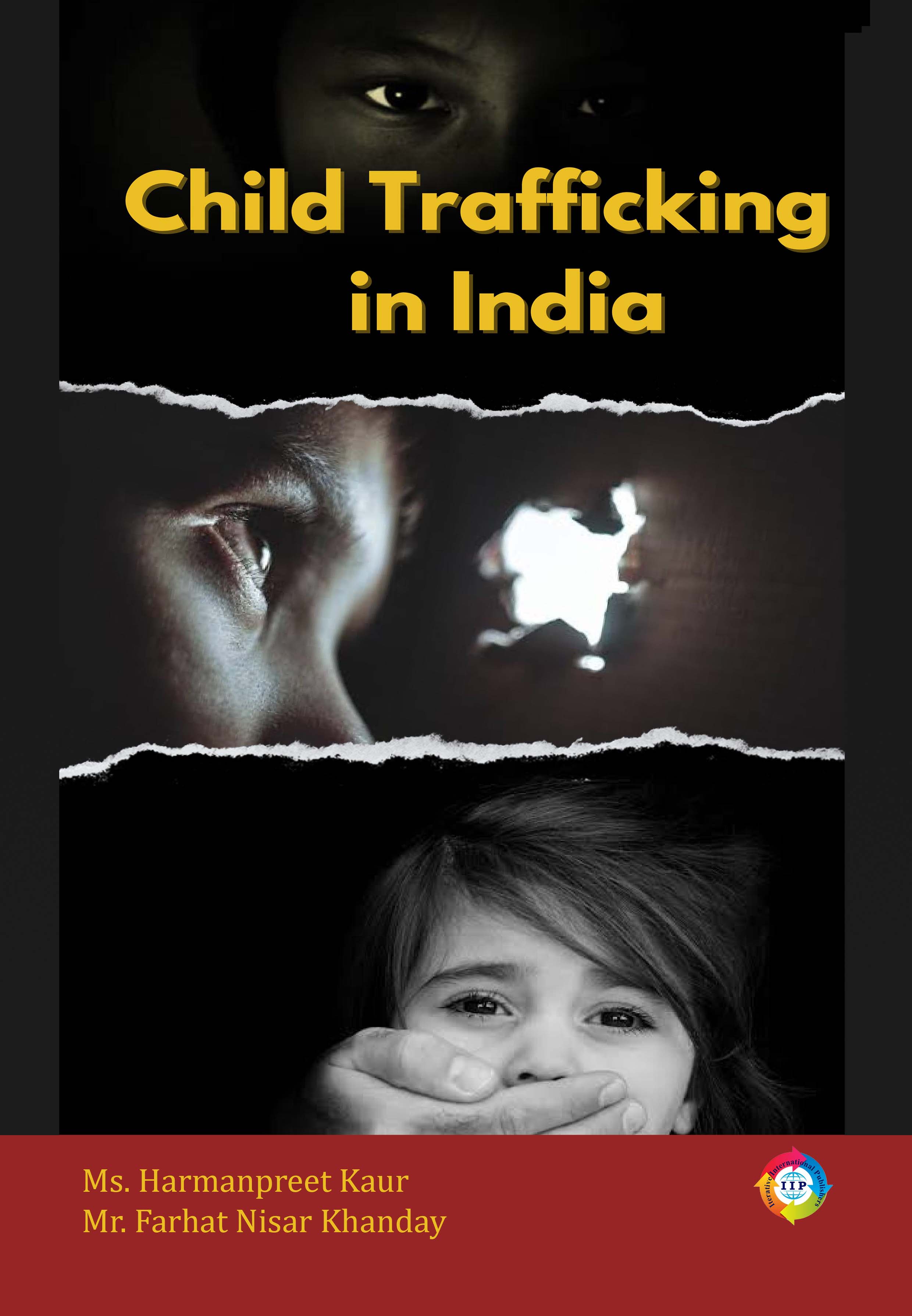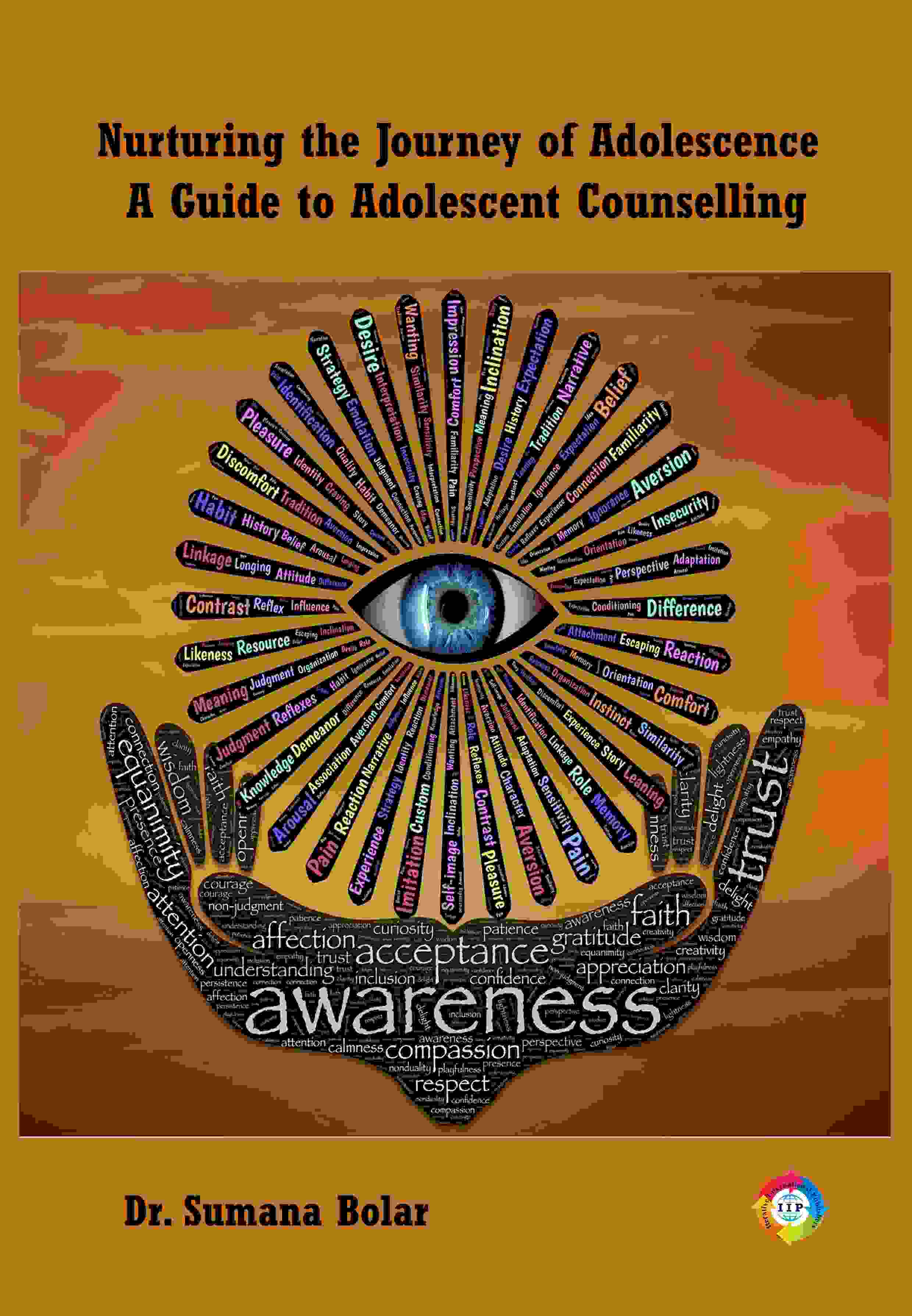
POWER & MEDIA
-
TypePrint
- CategoryAcademic
- Sub CategoryText Book
- StreamSocial Sciences
This book contains the fundamental issues of the influence of media and changes in the public’s perception against power theft. This is the narrative of a societal disaster that was largely neglected by both society and specialists in the field. In addition to the studies, some personal experiences are also shared.
Societal problems impede a nation's development. All unlawful transgressions are social sins. One such social vice is Power theft which has a significant role in the economic development of a country. Even though the issue has economic, geopolitical, environmental, and technical bases, the solution is typically sought only through technological methods. There must be human interventions also. Electricity was traditionally supplied by the Government with a subsidy in most nations. The public has been enjoying all government freebies for decades. When there is a barrier to this, they begin to consider how to engage in unlawful activity. This starts as an effort to keep the freebies coming. But over time, it develops into a means of making money.
How well aware is the media that electricity theft is a serious problem? How much has it helped to foster civic consciousness among the general public? Many media stories attempt to downplay power theft as a white-collar crime by shifting it from a financial crime to a felony. This study points a finger against such a reticent approach to the media. The media has a variety of responsibilities. Unless the media works as an educator, consumers are not well-informed about power theft and its implications. This book takes a look at media activity which is just another intellectual slavery without realizing its power and not being able to influence society.
Have these societal challenges been adequately analyzed by the media? Why does the media, despite the issues, continue to seem unconcerned? Have fledgling journalists examined the economics and social science underlying these issues with the serious consideration it requires? Why won't the media conduct an objective analysis? It is debatable how power theft has been portrayed in the media as a severe financial crime. The fact is that people's perceptions of power theft are not changing, and evident that the press is failing to shape public opinion.
The public's perception did not shift overnight. Furthermore, both the media and education play a role in influencing public opinion. It is true that some advertisements in the past affected people's views on social issues like the polio vaccination and child marriage, among others. The government does not currently make any such endeavour.
This book is the first to demonstrate a link between power theft and Indian media. It deals with the convergence of two crucial multidisciplinary concerns. It is about the power theft ruining our economy and the effort undertaken by the fourth pillar of democracy, the media, to control it. Many reports on the hardship being faced due to losses are available in the public domain. But it is silent on how Power theft affects a consumer directly. Power theft cannot be eliminated if the government alone decides so. The media can go to locations that the government cannot. As a result, the media should be the most knowledgeable about power theft. When the media becomes engulfed in disputes, it loses its desire to understand and inform.
Indian media is like a caged parrot. It cannot see the outside world. Have you ever seen a bird coming back to the cage even after leaving the nest? Indian media has been reduced to the same situation. Power theft mitigation and media studies may seem to be unconnected. However, there is no more excellent instrument for controlling power theft than the media. This social evil can be lessened if there is an active interaction between the media and the public. The case study includes information about the role of media in controlling power theft in Delhi. It also investigated how newspapers and television channels tackle this issue and evaluate it in light of the information obtained by media users and how it changes perception.
Statistics gathered through a sample survey from Delhi residents are also applied to determine the media's influence on creating awareness against power theft. Is the information accessible through the media useful for influencing Delhi citizens' perceptions? The efficiency of Delhi Discoms' corporate communications in preventing this issue was also studied. A preliminary estimate of how much a Delhi consumer may have to spend more due to power theft is also presented.
Fake news, or misinformation intended simply to stir up controversy, is a disgrace to civilized society. This will add to the media system's downfall. Most journalists assume that after a crime has been sensationally reported, the media's job is done. Aside from that, there is no research or report available to inform the public. For press headlines and controversy, certain information is concealed. This is how the Indian media evolves. What prevents the media from taking a lead role? In Indian media, who influences the public sphere? How media promotes superstitions, media, and guardians of Indian democracy, monopoly interests, and media apathy, Media reporting on power theft in India, etc., are discussed.
This book is a modest attempt to raise awareness of the importance of Power theft in society and to expose the media's success/failure to recognize it. The information is presented in the most concise manner possible. The media has shrunk to the point where ‘I don't care about matters over which I have no influence’, and their counterparts in the power utility sector responsible for unearthing irregularities should understand that ‘passion, not age, counts.’
Life is a means of waking up for some. Others might choose to sleep. You could find the courage to attempt something new and venture into unknown terrain.
**Note: IIP Store is the best place to buy books published by Iterative International Publishers. Price at IIP Store is always less than Amazon, Amazon Kindle, and Flipkart.





COMMENTS
No Review found for book with Book title. POWER & MEDIA